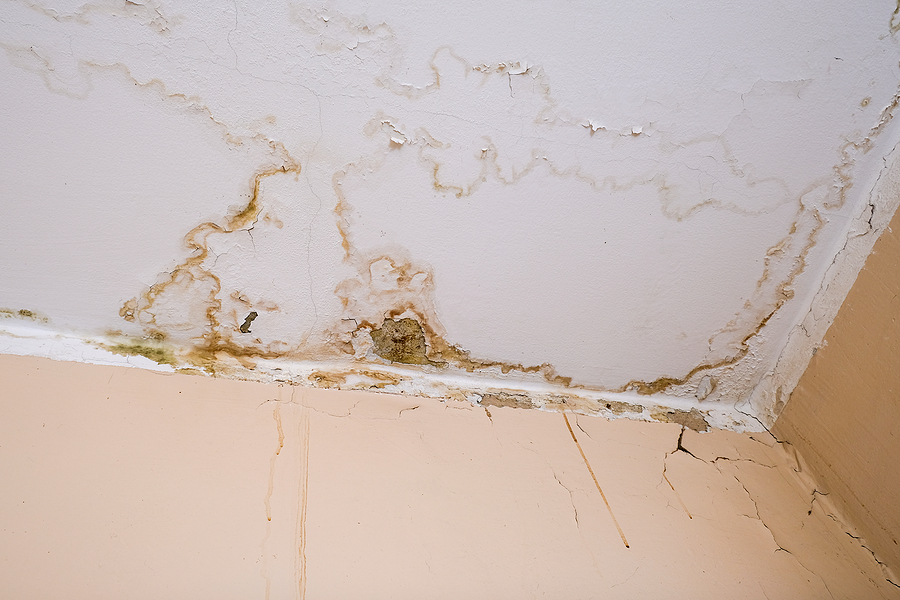Standing Water? Standing IN Water? Call now.
If your building is flooded, stop reading and call us!
If you’ve had previous damage from water and it’s less of an emergency, you can call us or contact us by email.
Standing Water? Standing IN Water? Call now.
If your building is flooded, stop reading and call us!
If you’ve had previous damage from water and it’s less of an emergency, you can call us or contact us by email.



Preventing Water Damage From Your HVAC System

Not many people know that their HVAC system has the potential to cause water damage in the home or business. However, this is information you should know as the weather heats up outside for the summer, and we find ourselves making our HVAC work overtime.
Here are a few warning signs letting you know that it might be time to service your HVAC system before it causes water damage.
Smells
If you notice that smells are lingering in the home, like your dinner from a few nights ago, then there might be a problem with the air movement in the home. You may also start to notice a moldy or musty smell. This could mean that moisture has found its way into the ductwork of your HVAC unit. This moisture, when left unchecked, can result in mold growth.
Leaks
If you start seeing leaks coming from your HVAC system, it is time to get it serviced because this is a big indication of a problem. Leaks are typically caused by a frozen evaporator coil, a condensation line that has been damaged, or your drains are clogged. It is important to find and pinpoint these leaks to avoid water damage.
Preventing Water Damage Due to HVAC System
Now that you know what to look for, let’s take a closer look at a few ways you can help prevent water damage in your home.
Regularly Change the Filter
Filters should be changed at least once per month. Clean filters help prevent the system from overworking. When the system overworks, this can lead to the coils freezing, which can cause a leak and damage your unit.
Keep Everything Clean
For an air conditioner to work properly, it needs good airflow. If there is dust or dirt on the outside of the unit or outside of the condenser, be sure to wipe these down and clean them at least one time per year.
Check Your Drain Line
For the HVAC system to work properly, the water in the system needs to be able to drain freely. Make sure your condensation line is open, the drain line is clear, and everything is clean and free of clogs.
Install a Pump
Choosing to install a condensation pump for your system means you are giving the system a way to dispose of any excess water coming into the unit. A safety float can be installed and will automatically shut down power to your system if this condensation starts building up.
Dealing with Water Damage
If you are already dealing with water damage due to your HVAC system, you must call in professionals to take care of the water as soon as possible. When water damage is left unchecked, it can lead to significant damage. Even a minor leak can result in a full-blown infestation of mold.
Water damage restoration is essential for drying out the home and keeping mold away. If you find yourself facing water damage and need help, contact the restoration professionals at ERS today.



